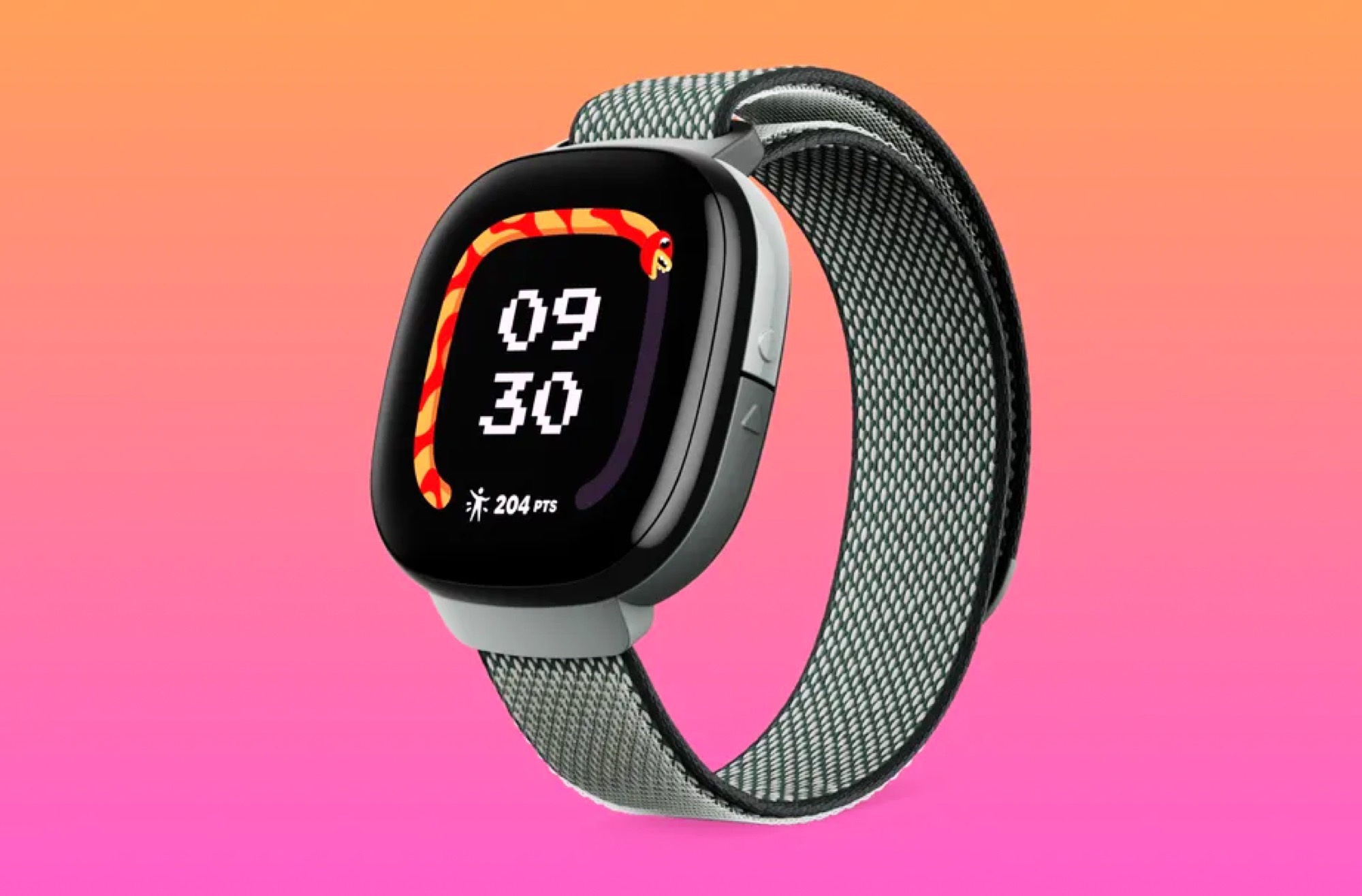Fitbit released Ace, a wearable tracker designed for children in 2018, and on Wednesday, it will introduce Ace LTE to the lineup, targeting the same demographic as its smartwatch, Versa, and making significant borrowings from it
With this wearable, the Google-owned company targets children aged seven and older with features such as Wii-style motion control for gaming, location sharing, and parental messaging.

As opposed to providing the same type of pure metrics that the company uses to motivate its senior users, the product’s central concept is a considerably more literal application of gamification. The watch contains a variety of 3D activities, with additional playtime being unlocked as children move.
“Whether they are racing through space in a bathtub as a chicken does or fishing for a blobfish in ‘Smokey Lake,'” According to Fitbit, “Ace LTE keeps children active. One notable feature is that the Fitbit Arcade undergoes regular revisions containing brand-new games every few months, ensuring no moment inactivity passes.

While not the most effective approach to encouraging children to contact the literal grass, it does evoke nostalgic thoughts of earlier technologies such as Wiimotes and Microsoft Kinects. Nearly as much as my longing for Tamagotchi. Electronic pets that were once formidable have returned in the guise of Eejies. Analogous to the gameplay component, the customizable creatures “feed” on motion.
Children acquire “arcade tickets,” an autarky modeled after Chuck E. Cheese, by completing activities. These tickets can be redeemed for accessories and apparel for their Eejie. In regards to accessories, Fitbit is considerably more capitalistic. The business provides six distinct bands, including DLC and unique configurations.
Although the Ace LTE intends to encourage children to move more, the rewards cease after reaching a certain threshold to discourage them from overexerting themselves. “To ensure that Fitbit Ace LTE is enjoyable, secure, and beneficial, we collaborated with foremost, independent authorities in child psychology, public health, privacy, and digital wellbeing,” Fitbit states promptly.

Such matters warrant the company’s immediate attention, given that the concept of a fitness device developed by a technology behemoth preoccupied with data undoubtedly elicits many consumer concerns. Certainly, there is considerable variation in the degree to which parents feel secure placing a Google device on their children’s wrists.



